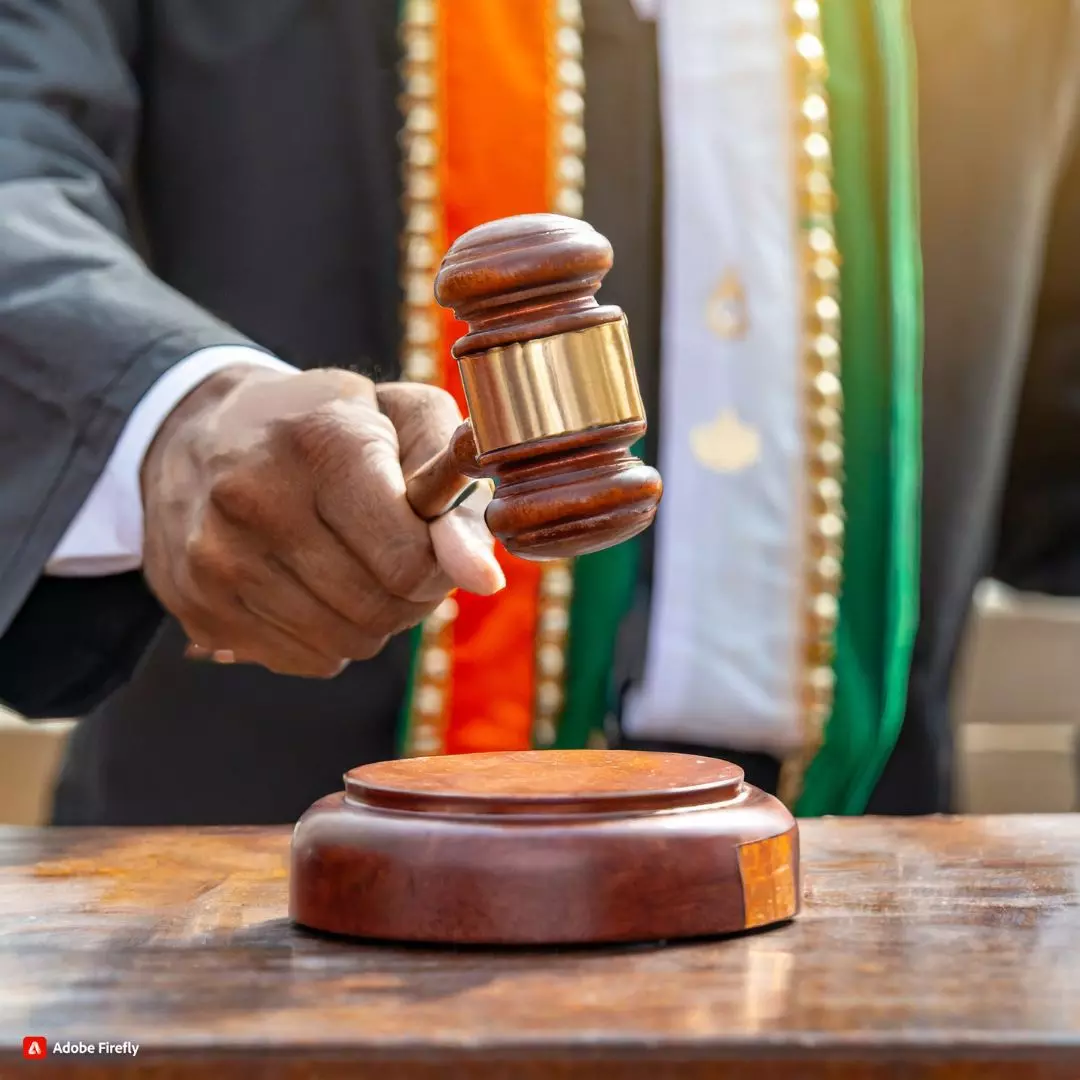In a landmark decision, the Supreme Court on Monday unanimously endorsed the government’s move to revoke the special status granted to Jammu and Kashmir under Article 370. The apex court also directed the prompt reinstatement of the statehood and mandated assembly elections in the region by September 30 next year.
Putting an end to a prolonged debate, a five-judge Constitution bench, led by Chief Justice D Y Chandrachud, delivered three concurring judgments supporting the abrogation of constitutional provisions that had accorded special status to Jammu and Kashmir since its annexation to the Union of India in 1947 as reported by The Print.
Chief Justice Chandrachud, along with Justices B R Gavai and Surya Kant, expressed in the judgment that Article 370 was a temporary provision and could be revoked by the President in the absence of the Constituent Assembly of the erstwhile state.
Prime Minister Narendra Modi hailed the Supreme Court’s decision as a “resounding declaration of hope, progress, unity for our sisters and brothers in J&K, Ladakh.”
Justices Sanjay Kishan Kaul and Sanjiv Khanna provided separate but concurring verdicts on the issue.
The apex court not only affirmed the validity of carving out the union territory of Ladakh from Jammu and Kashmir on August 5, 2019, when Article 370 was abrogated, but also emphasized that Jammu and Kashmir’s statehood would be restored, excluding the Union Territory of Ladakh.
Referring to Solicitor General Tushar Mehta’s statement, Justice Chandrachud highlighted that Jammu and Kashmir’s statehood would be reinstated, and elections to the Legislative Assembly would be conducted by September 30, 2024.
“The Constitution of India is a complete code for constitutional governance. The President had the power to issue a notification declaring that Article 370(3) ceases to operate without the recommendation of the Constituent Assembly,” stated Chief Justice Chandrachud.
He further clarified, “The erstwhile state of J&K does not retain any element of sovereignty after the execution of the Instrument of Accession and the issuance of the proclamation dated November 25, 1949, by which the Constitution of India was adopted. Article 370 was a feature of asymmetric federalism and not sovereignty.”
The Chief Justice also affirmed that the President, in exercising power under Article 370(3), could unilaterally issue a notification that Article 370 ceases to exist.
In conclusion, Justice Kaul expressed that the purpose of Article 370 was to gradually bring J&K at par with other Indian states. Additionally, he advocated for the establishment of an impartial truth-and-reconciliation commission to probe human rights violations since 1980.
As the news of the verdict circulated, National Conference (NC) Vice President Omar Abdullah expressed disappointment but asserted, “The struggle will continue.” Democratic Progressive Azad Party (DPAP) chairperson Ghulam Nabi Azad acknowledged the verdict as “sad and unfortunate,” but accepted that it had to be acknowledged.
The Supreme Court’s decision marks a significant development in the political landscape, concluding a decades-long debate on the special status of Jammu and Kashmir.
Also Read: United Nations Urgently Seeks $46 Billion In Funding To Address Global Humanitarian Crises In 2024











